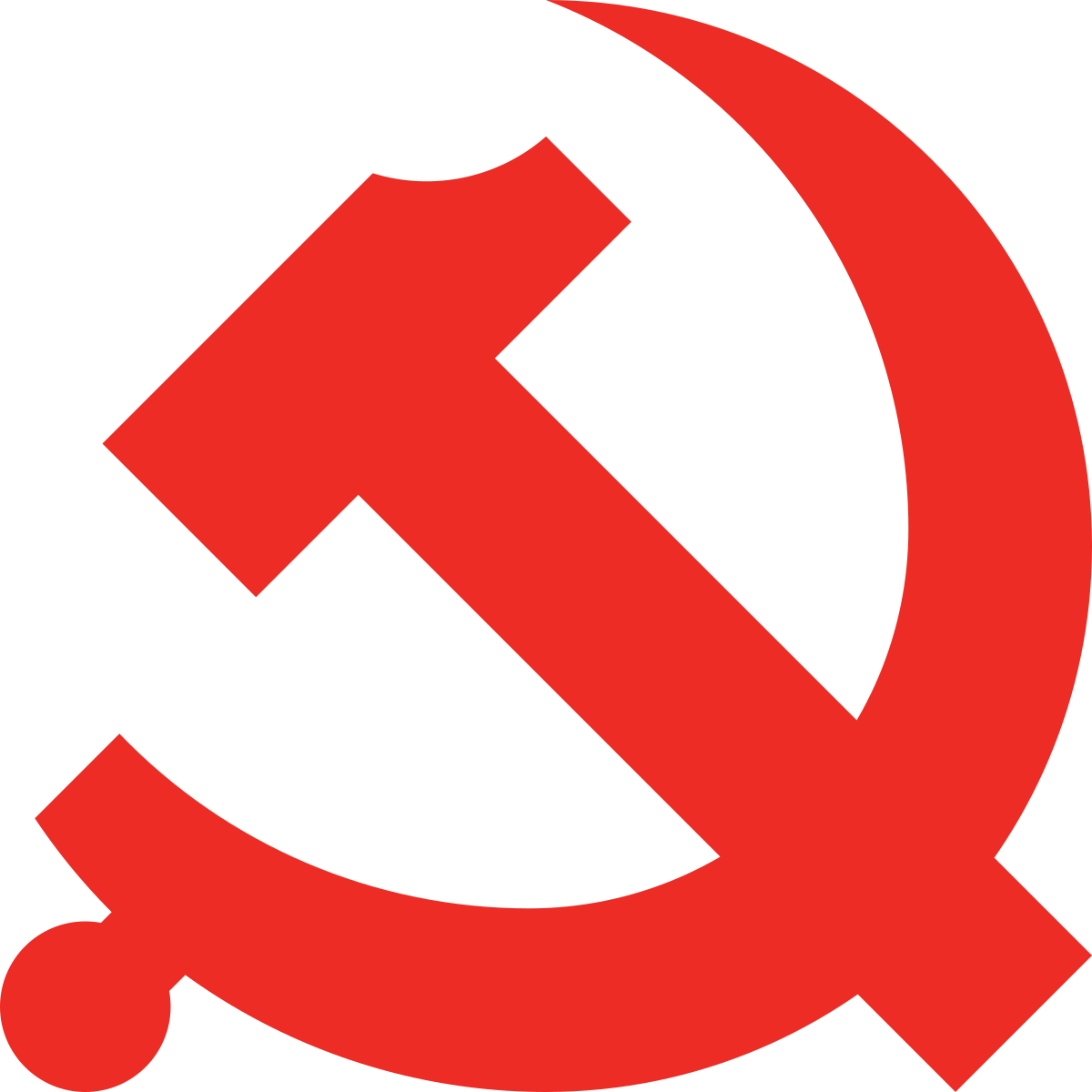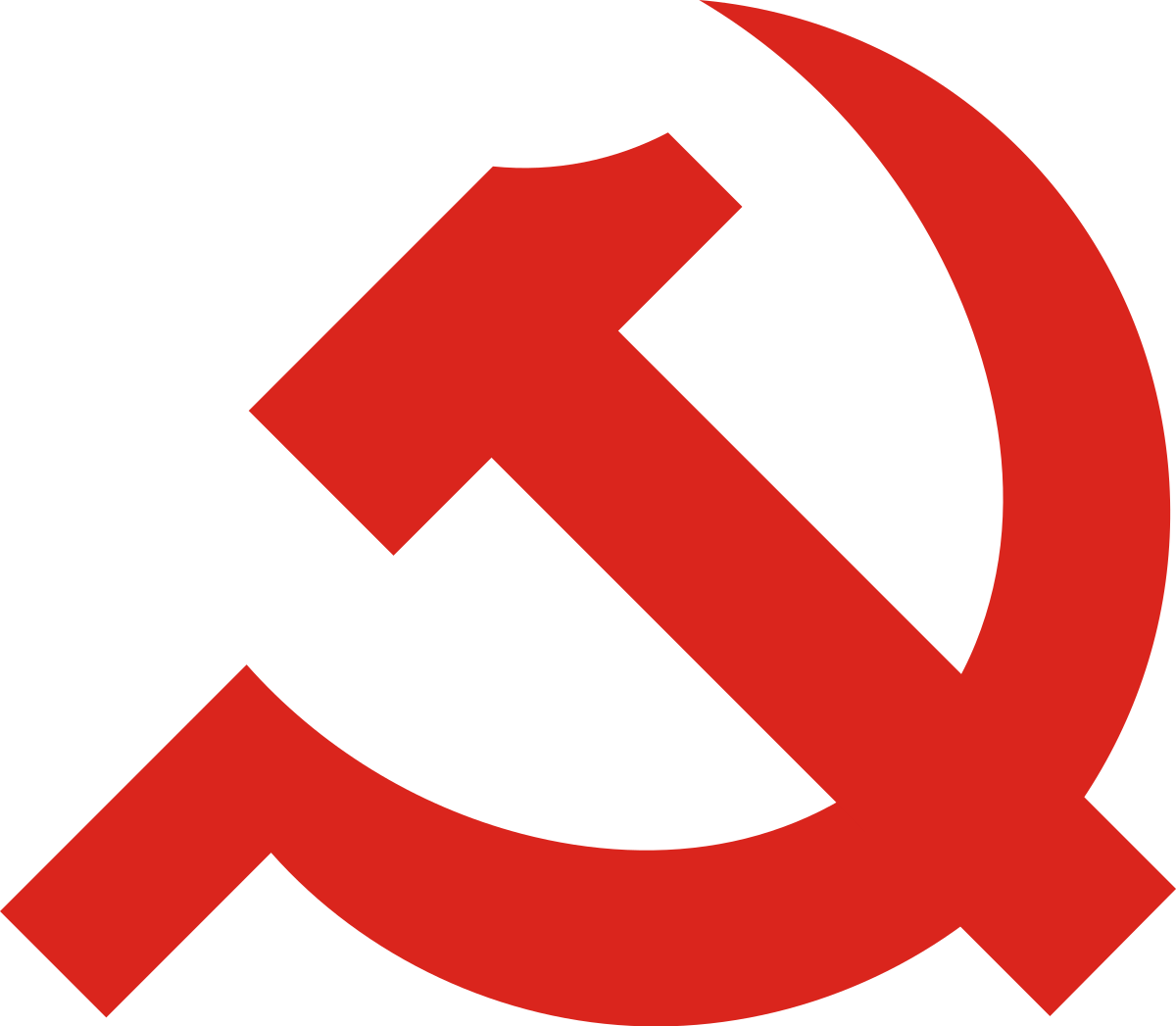Indeed
The People's Socialist Democrats Republic of Freedom - any country with in its name is usually in practice authoritarian
North Korea used to have communism by name in their constitution but removed all references to the self described ideology of Juche

en.m.wikipedia.org
Hmm… CCP?

en.wikipedia.org
China calls themselves communist, I don't believe they are. Its not a dictatorship but maybe its trending towards that. But its a one-party state that is very authoritarian and has massive influence in the economy. They have a stock market so I'd say they're not communist.
And lots of money to move economy in certain directions like climate and EVs...and yes, they do not like dissent.
LOTS written about China and its future
China is a rising power. It's unclear whether it'll actually become a superpower in the short or medium term, or whether it'll stagnate like Japan did in the 1990s. Regardless, China is a nuclear weapons state, a P5 member, it's experiencing a booming economy (though slowing as of late), and has a massive labor force and incredible natural resources.
Yes, I don't think a
true communist nation currently exists. But Vietnam calls
itself socialist but their sole political party is "communist." While this may be in name alone. It still is self referring.

en.wikipedia.org

en.wikipedia.org
Again, while the country's name is socialist, the ruling party's name is communist. But in practice, they are authoritarian regimes.
Then again!
While the CCP
claims that China is in the primary stage of socialism, party theorists argue that the current development stage "looks a lot like capitalism".
I don't think a
true communist nation currently exists

Idk read Animal Farm. They probably start off with good intentions, but given human nature and the desire for power, I'm sure that a handful of individuals use the situation to their advantage.
Kind of reminds me of 1984 how all of the ministries names are paradoxical.
I've said this many times on this site before and I will say it again, I am not a sociologist or an economist but my
guess would be that communism sounds great on paper, but I don't know how it would
currently work out with human nature on a
large scale.

Maybe we can have a
https://en.wikipedia.org/wiki/Technocracy










